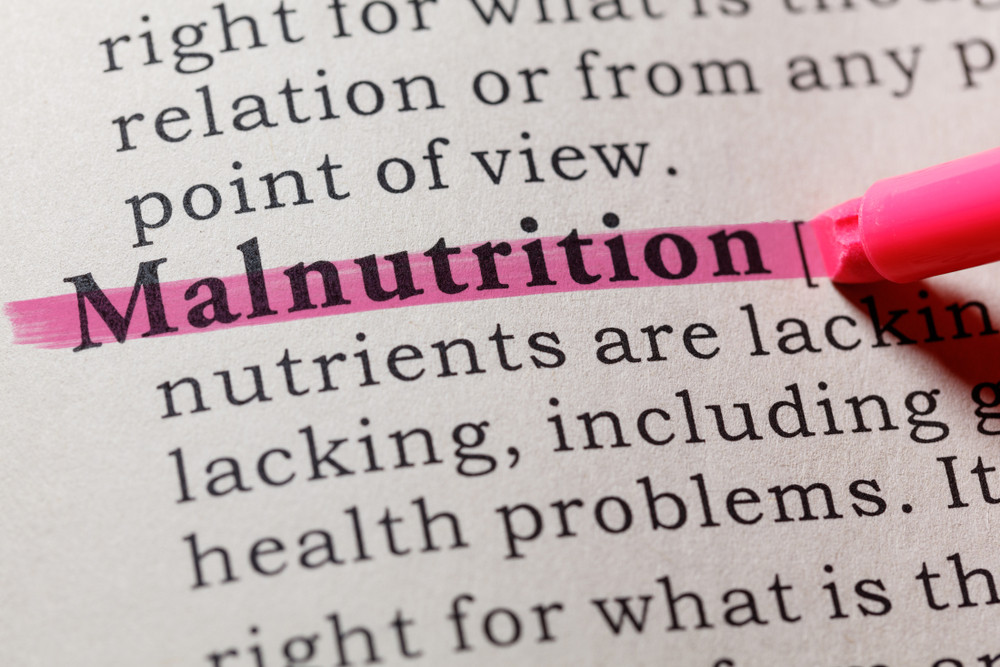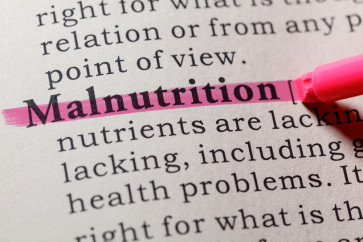Popular Reads
Top Results
Can't find what you're looking for?
View all search resultsPopular Reads
Top Results
Can't find what you're looking for?
View all search resultsHolistic strategy ‘crucial’ to breaking malnutrition cycle amid pandemic: FAO report
A comprehensive report on food security and nutrition highlights a need for Indonesia to implement a three-pronged policy that promotes dietary diversity, food affordability and food sustainability to tackle the "triple burden of malnutrition".
Change text size
Gift Premium Articles
to Anyone
A
systemic overhaul of the present malnutrition eradication efforts in Southeast Asian nations is long overdue, particularly given that the economic impact of the COVID-19 pandemic has worsened food security in the region and complicated efforts to achieve the Sustainable Development Goal 2 of “zero hunger” by 2030.
This is the key concern expressed in the latest report on food security from the Food and Agriculture Organization (FAO) published on Jan. 20, 2021, Asia and the Pacific Regional Overview of Food Security and Nutrition 2020. The report emphasizes the importance of taking a holistic approach centered around maternal and child diets to eradicating malnutrition and related health issues, such as stunting and wasting among children.
The report says that Southeast Asia recorded the second highest prevalence of undernourishment (PoU) between 2017 and 2019 with an average of 9.8 percent, following South Asia with an average of 14 percent.
In the same period, Indonesia maintained a PoU of 8 percent, below the regional average. It also lagged behind neighbors Malaysia and Vietnam, which respectively recorded the lowest PoUs of below 5 percent and just above 5 percent.
Indonesia’s closest neighbor Timor Leste, meanwhile, recorded the highest prevalence of undernourishment in Southeast Asia that exceeded the 40-percent mark.
Although the report acknowledges Indonesia’s recent progress in poverty reduction, it says that concerns remained over the prevalence of undernourishment in the country and how the wide-ranging impacts of the coronavirus pandemic could further exacerbate it in the absence of a proper, integrated response.
“[Indonesia] still faces a triple burden of malnutrition: more than one-third of all children under five years of age are stunted, a quarter of all adults are overweight or obese; and micronutrient deficiencies are widespread,” it says.


















